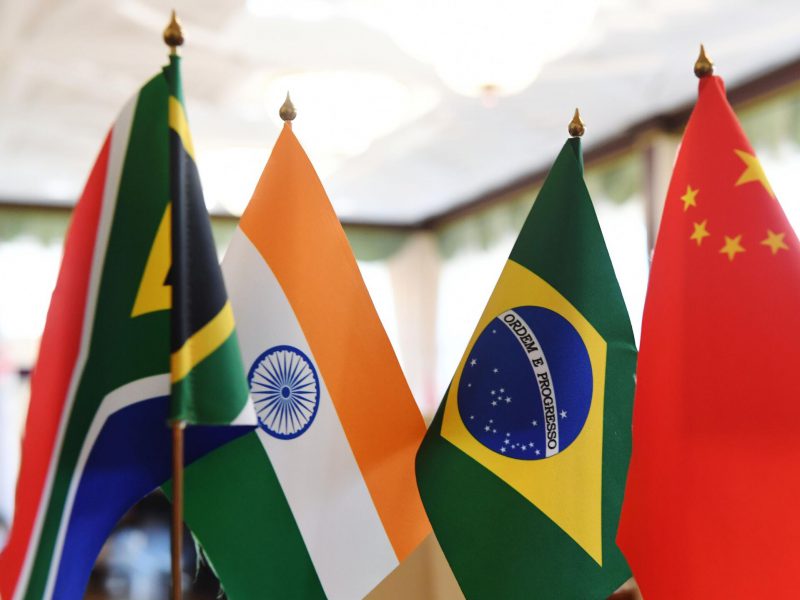As the BRICS bloc is set to expand again in 2024, more African countries are set to join the alliance, according to reports. Multiple countries on the continent have revealed their interest in the bloc, as well as submitted applications. Already, South Africa is one of the founder nations in the bloc, but more African nations may receive invites to join this year.
This development would be highly beneficial for certain countries in Africa. By joining the alliance and creating new relationships with other countries, for instance, African members can unlock their individual and collective potential on the global stage. This in turn gives them more of a voice when it comes to foreign affairs.


Following BRICS’ inviting of Ethiopia and Egypt into the alliance, other African nations hope to follow suit at the upcoming BRICS summit this Summer. Asian and African countries are emphasizing growing a stronger voice on the global stage. As a result, many African countries, expecting tremendous economic benefits, have lined up to join the prestigious BRICS bloc.
Furthermore, BRICS offers African countries the potential for increased economic cooperation through fostering cross-border trade, investment, and technology transfer. This partnership can foster sustainable industrial development, promote job creation, and foster innovation, ultimately contributing to Africa’s long-term economic growth. By joining BRICS, African countries can tap into the resources and economic opportunities of wealthy members.
Also Read: BRICS Push Currency Swap With 29 Countries Worth $550 Billion
If African countries want to pursue BRICS membership though, it will be important for countries to agree on ditching the US dollar. Fortunately for the alliance, multiple countries on the continent have shed doubts on the greenback already, even embracing the Chinese Yuan and local currencies as an alternative.





